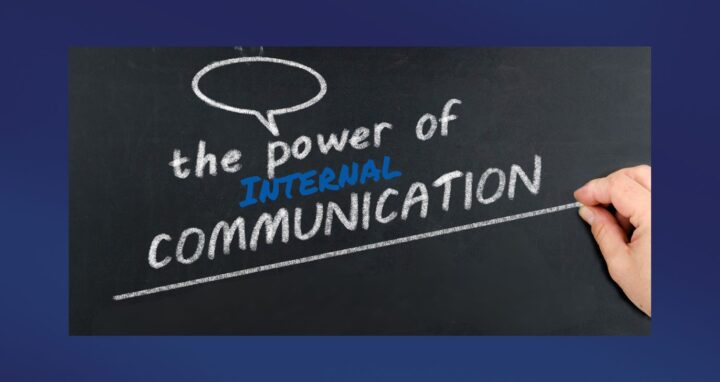This insights post is a summary of the blog post published by RLF Communications. View the full post at: Is Your Organization Prepared For Crowdsourced Truth?
In the wake of Meta’s decision to eliminate third-party fact checkers to correct content on Facebook, Instagram and Threads, many companies are faced with prospect of misinformation. Using those social platforms, many organizations work hard to tell their stories, build their brands and protect their reputation. With this change from Meta, they are likely going to have to work a lot harder.
While most of the attention around this decision has centered on how it will fuel conspiracy theories and impact minority groups, every organization is vulnerable and needs to learn how to play by the new rules.
Without anyone steering the truth, users can say whatever they want about events, activities and your organization. It’s up to you to get connected with the “Community Notes” function, respond to false or misleading posts with a “note” and try to rally other contributing users.
It also means organizations – including your competitors or detractors — can push the boundaries on their own positions.
To get more insight about this change, read the full post at: Is Your Organization Prepared For Crowdsourced Truth?





